Can an Antivirus be Hacked? [Prevention Guide]
Keep reading below to find out
6 min. read
Updated on
Read our disclosure page to find out how can you help Windows Report sustain the editorial team. Read more
Key notes
- Antiviruses are a piece of software that detect and remove viruses and other potential threats from harming your PC.
- Sometimes, this antivirus software may have a security loophole that can be exploited by hackers to gain unauthorized assess to your system.
- In this guide, we have represented some valuable security measures, which can ensure that your antivirus is not hacked.

With the growing cyber threats and latest hacking techniques, the tools designed to protect us, such as antiviruses might sometimes cause your system to become vulnerable.
Sometimes, users cannot help but wonder whether their antivirus program is safe or can be hacked.
This guide will illustrate how even the most robust antivirus systems may be at risk as well as investigate the vulnerabilities that hackers could exploit.
Is it possible to hack an antivirus?
Despite significant investments in antivirus software, there have been several instances when hackers have succeeded in hacking the security solution. The success of antivirus solutions depends on their ability to detect known viruses in the computer.
However, if hackers employ a new or previously unknown type of virus, the antivirus software may be unable to identify it, leaving your system at risk.
It’s important to acknowledge that no antivirus software is 100% foolproof and can provide absolute protection against all cyber threats. More than relying solely on antivirus software, it is required to secure your device completely.
It is typically advised to use a multi-layered approach that uses antivirus software, a proxy, a firewall, encryption, data loss prevention software, and a backup solution.
Antivirus software can be a possible target for hackers to make their way to your PC and steal sensitive data. Proactive measures, continuous monitoring, and quick incident response are vital to safeguard personal and sensitive data from potential exposure.
Limitations of antivirus software
Eventhough the antivirus market share has been steadily growing, their usefulness has declined recently, especially against the most recent viruses and second-generation malware.
Second-generation malware operates independently within the operating system and initiates its destructive actions as soon as the system starts to boot up. This makes identifying and removing these viruses a real challenge.
Antiviruses are but a piece of software often has a loophole that can be exploited by hackers and cybercriminals to gain unauthorized access to your antivirus and gradually your entire system.
These attacks might also severely slow down your computer and potentially permanently lose sensitive information, such as bank account details and password-protected data stored in password managers.
Various antivirus providers vary in capabilities, with some lacking adequate spyware protection. While antivirus software alone cannot entirely stop hackers, choosing a robust antivirus solution is immensely necessary to enhance your protection against cyber threats and potential data breaches.
How can antivirus be hacked?

There are some possible ways in which antivirus software can be hacked, some of them are listed below:
- Malware – Malware is widely used by hackers to gain authority over your antivirus software. They comprise viruses, worms, and trojan horses, which upon acquiring access, steal your private details and use them for identity theft. Trojans are malware that masquerades as legitimate software and takes access control of your programs when you download them by mistake.
- Phishing – Phishing is a fraudulent communication technique using emails when hackers pretend to be an acquaintance, like a friend or your work. These prove a sense of emergency that compel you to provide login credentials or open attachments. If you fall for it, malicious software will install on your computer, which can hack your antivirus and eventually your PC.
- SQL Injection: This type of attack targets antivirus programs that use SQL as the programming language to store essential data. By modifying the website’s code, the hackers can gain access to sensitive information and damage the software database.
- Password guessing – People often reuse login credentials across multiple programs and websites, which hackers collect secretly. They easily use the password username combination to gain access to your PC and disable antivirus without your consent.
Now that we know how hackers can hack your antivirus, let’s take a look at some safety tips you should swear by to prevent your antivirus from being compromised.
How can you prevent the hacking of antivirus?
To enhance your business’s defenses against antivirus hacking, implement these essential measures to protect your devices and safeguard sensitive data:
Download and install a firewall to ensure your computers are safe against hackers
Windows operating system has built-in firewalls, acting as a barrier between your information and the external world. Nevertheless, you should invest in a third-party firewall or consider purchasing a hardware firewall from reputable companies if you are an organization having a lot of data at stake. Similarly, for larger businesses, investing in an additional business networking firewall is crucial.
Avoid using unsecured public Wi-Fi
Public Wi-Fi does not have security features and poses a significant cybersecurity risk if working outside the office. Refrain from connecting to password-free, widely used Wi-Fi networks, as they are attractive targets for hackers.
Implement encryption
Encryption can stop fraudsters from understanding the data even if they get access to your network. Encrypt your Windows hard drive using tools like BitLocker (Windows). You can also check out the best file encryption software for Windows PC offers features not a part of the native software. Secure USB flash drives containing sensitive data and use a VPN to encrypt web traffic.
Only conduct online transactions on encrypted websites, identifiable by identifying the https security protocol in the address bar and a closed-padlock icon.
Employ two-factor authentication and multi-factor authentication
Enable two-factor authentication or multi-factor authentication techniques as an additional layer of verification. To log into software or a website, you need to enter your password followed by a number code delivered to your phone or email address or an answer to a secret question.
Consider using virtualization to protect your network
Virtualization software such as Parallels or VMware Fusion enables you to run your browser in a separate environment, reducing the risk of browser-derived intrusions on your system when visiting potentially unsafe websites.
Beware of spam emails
Refrain from responding to emails from unknown senders and avoid clicking dubious links and attachments to prevent system infiltration. While email clients now have spam filters, be vigilant against sophisticated phishing emails that impersonate familiar contacts and businesses.
Use complex passwords
Ensure your passwords are robust by making them longer and unique. Incorporate a combination of numbers, uppercase and lowercase letters, and special characters. Avoid using recognizable words or personal information hackers could easily associate with you. Never reuse passwords if you do not want to be hacked easily. In case, you are unable to manage passwords, consider using a password manager for extra security.
That’s all in this comprehensive guide. Hope you now have a good idea about the limitations of the antivirus software and why it can be hacked easily.
If you have any queries or feedback for us, feel free to drop them in the comments section below.
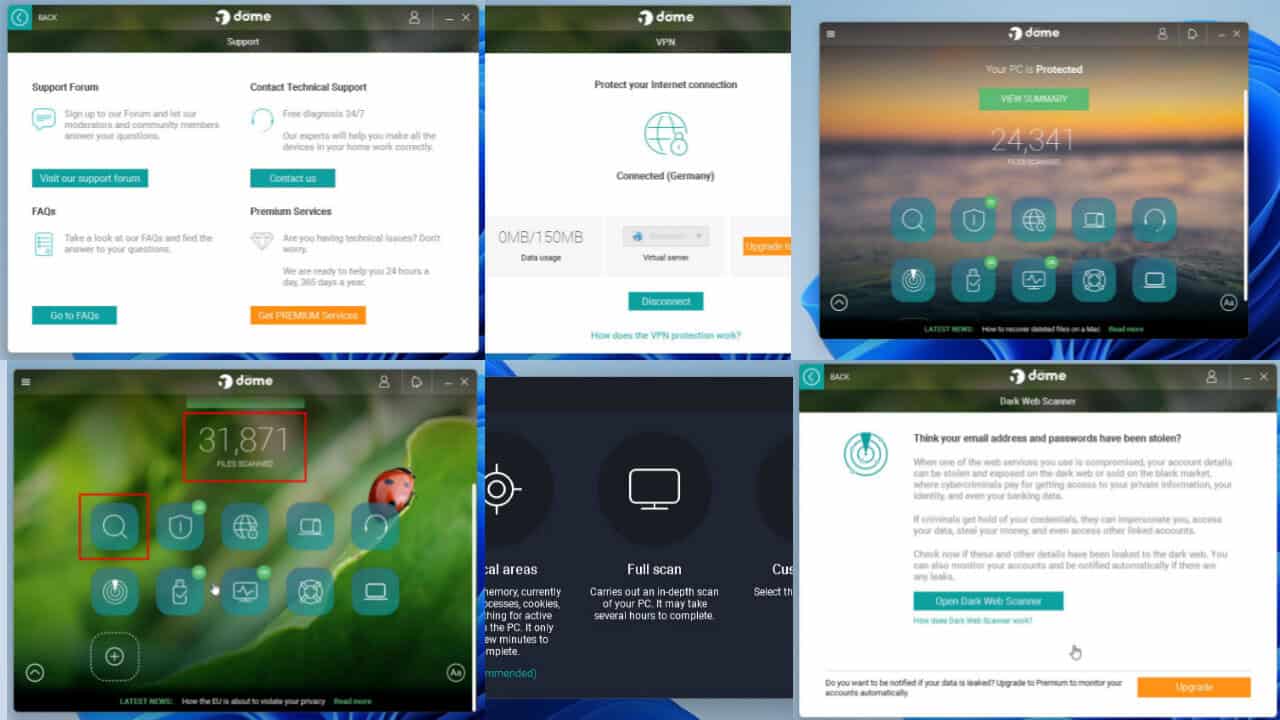
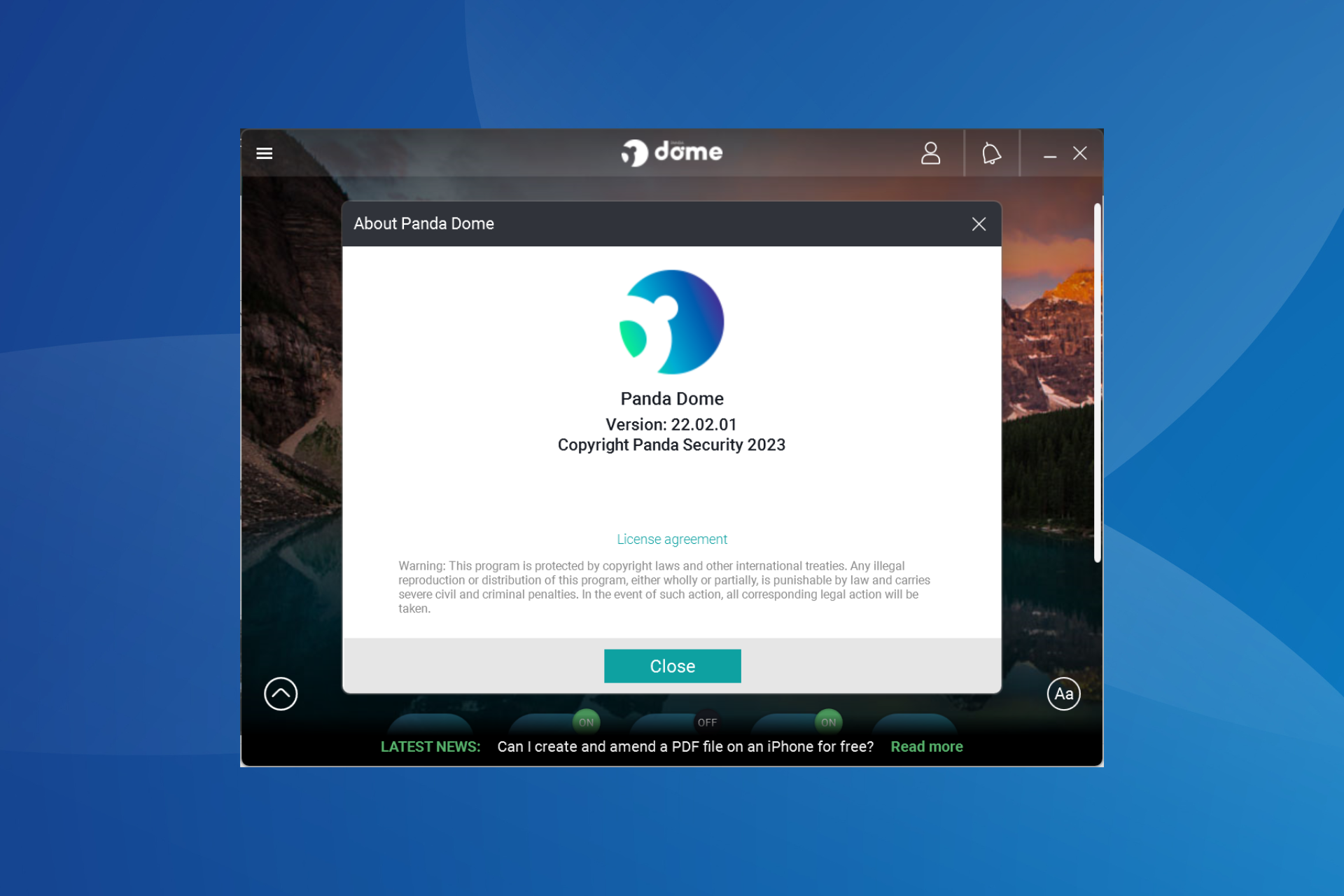
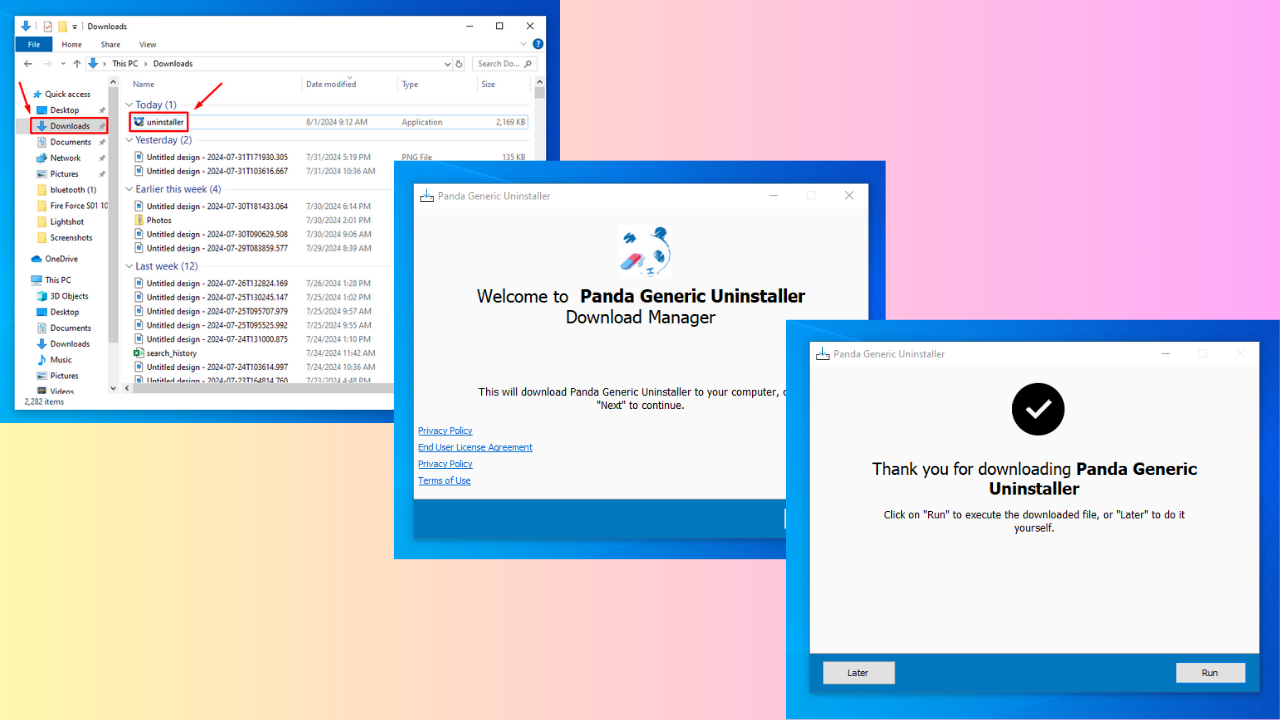
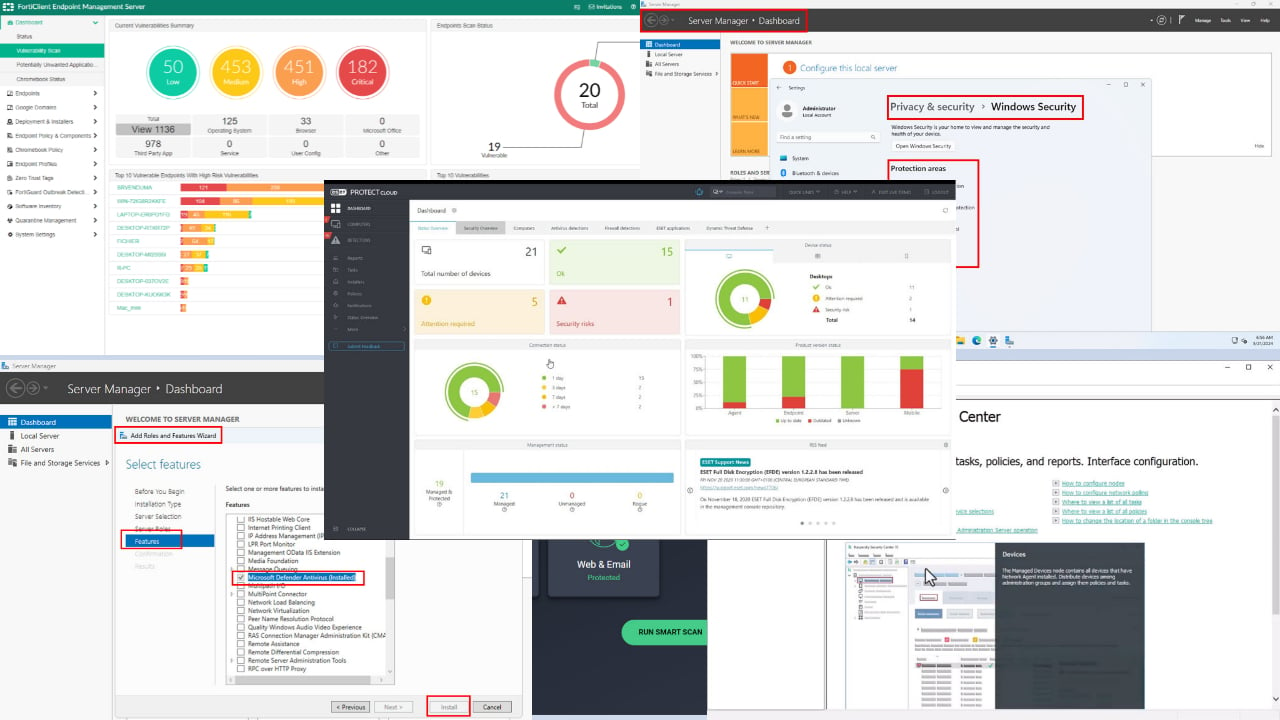
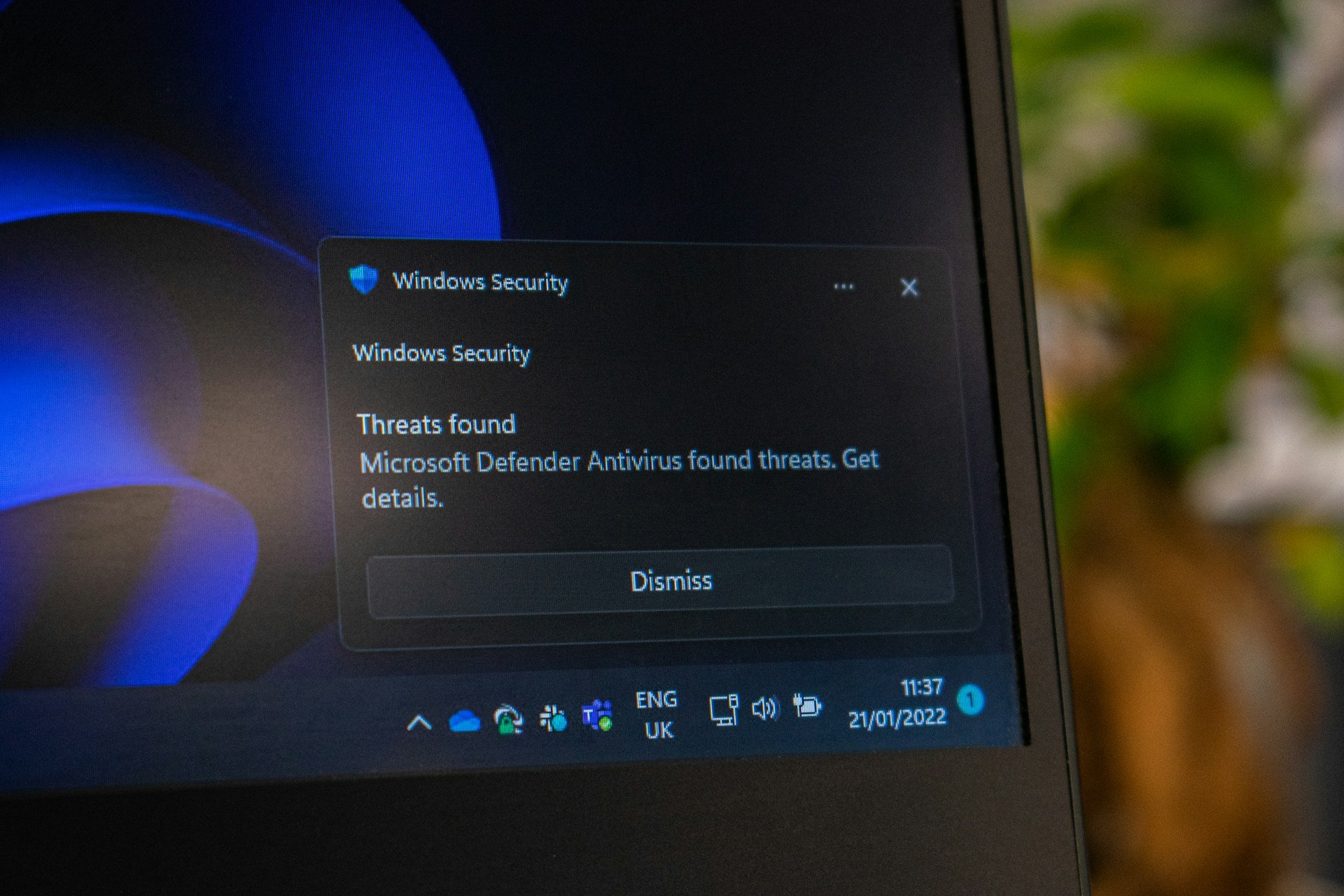
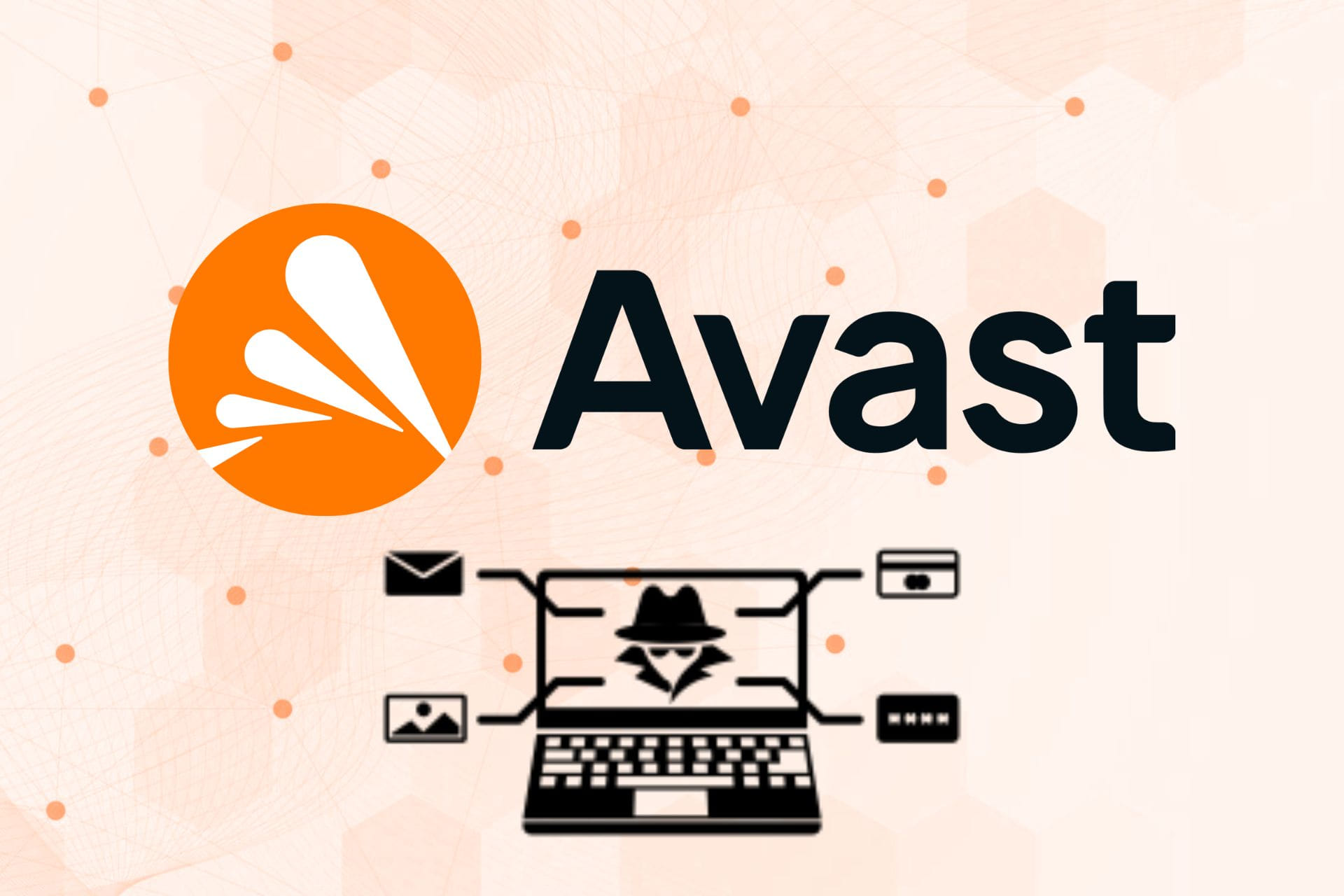
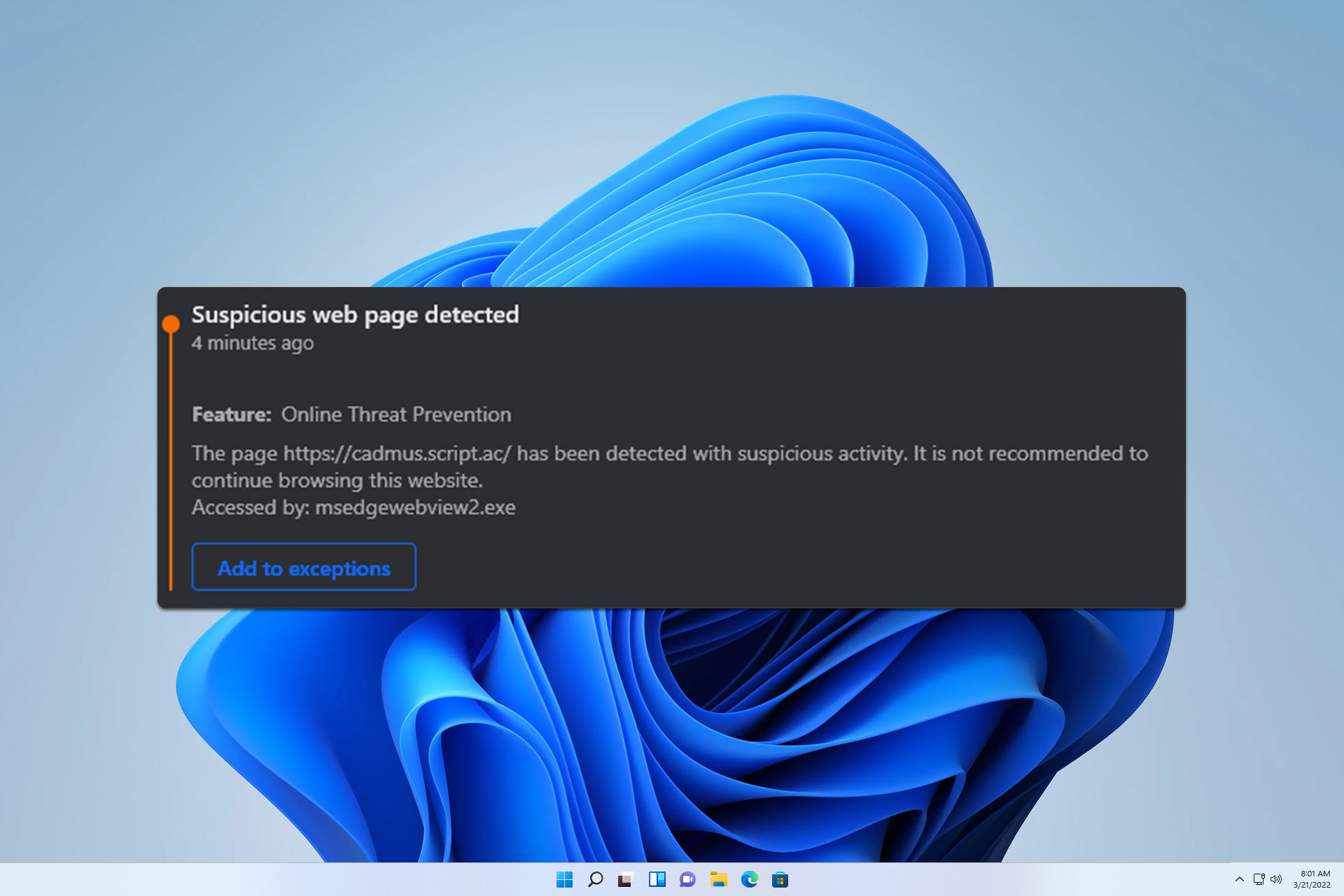


User forum
0 messages